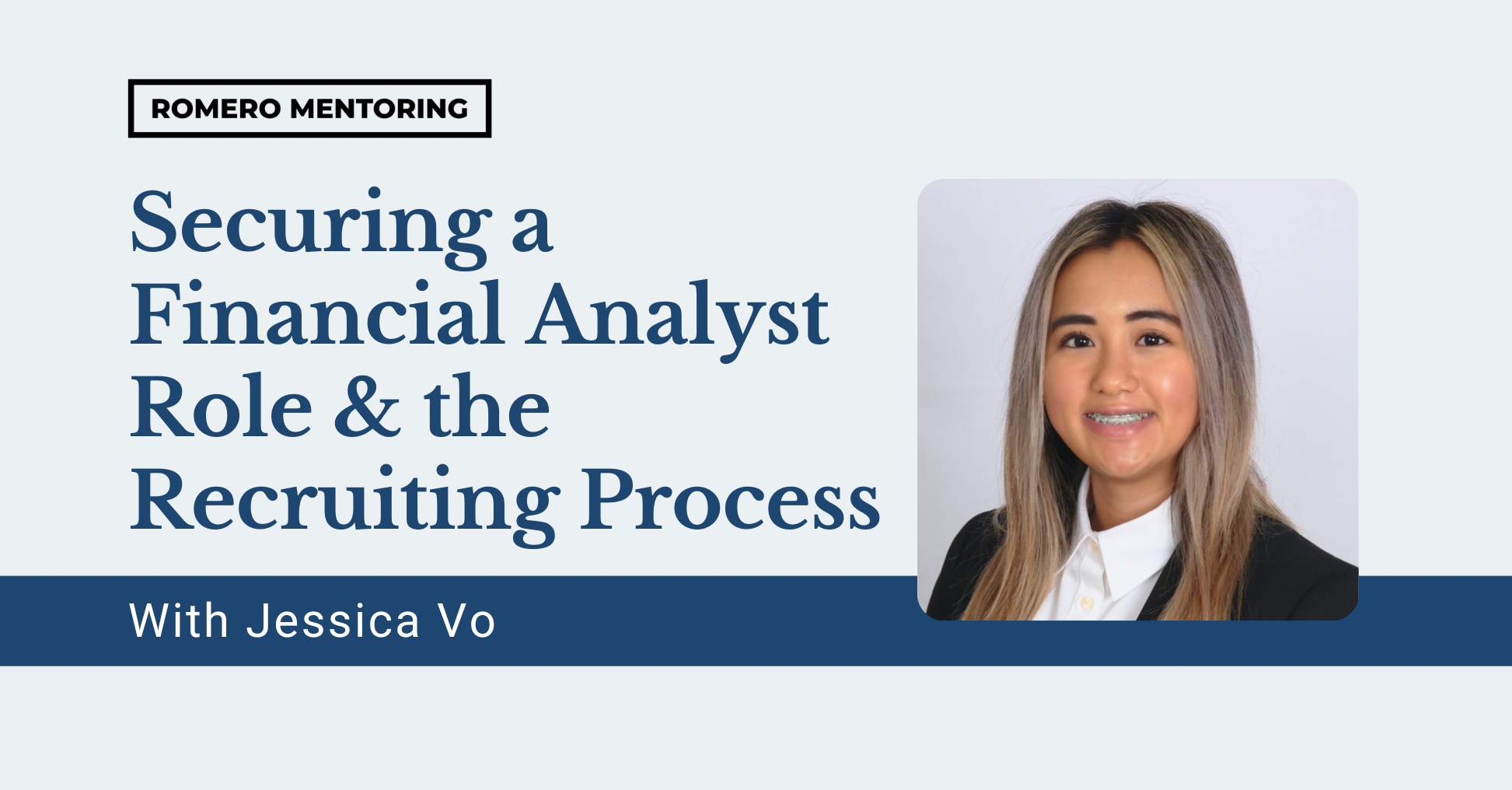Finance modeling is a skill that every professional should have. Financial modeling is also known as financial analysis. The core essence of operation conducted in MS Excel is to forecast a business’ financial and operating performance. Analysts would forecast the data based on current operational metrics and historical financial data and management decisions. Among them are previous M&A activities or restructuring periods. A completed financial model will emphasize on company’s forecasted income statement, balance sheet, and cash flow statement. Additionally, comprehensive financial models would usually include other supporting schedules like debt schedule, share repurchase, and shareholders’ equity schedule. Consequently, having all of the calculations done, an analyst can build advanced models like Leveraged Buyout, Mergers and Acquisitions, and Discounted Cashflow Analysis, etc.
Content Preview
Why do we need Financial Models?
Financial models are used to perform financial analysis, internal and external decision making, and to derive price targets. In most cases, people who build those models are first-year analysts at private equity firms or investment banks. Executive Boards of various companies use these financial models to make necessary operational changes and key investment decisions. Financial models can be used for anything associated with different types of businesses or any investments that e-board members can consider. Here are the main reasons why people may need to build a financial model and what it is going to show them:
- Raising capital
- Management accounting
- Financial statement analysis/ratio analysis
- Valuing a certain type of business either for buyout or merger
- Budgeting and forecasting
- Capital allocation
- Selling or divesting assets
- Growing the business organically
Advice for Beginners in Financial Modeling
Financial modeling is the culmination of current and projected financial numbers of all aspects of a company’s business model. Financial modeling is the beginning of other modeling variations like LBO and M&A which derive other purposes in the investment spectrum. If you want to learn how to build financial models and estimate the valuation of businesses or compare those businesses to their industry peers, follow Romero Mentoring on our YouTube channel. However, if really want to perform like a Wall Street analyst and outcompete your peers, apply to our Analyst Prep Program where we educate the next generation of investment analysts.
The Analyst Prep Program teaches the technical and practical skills that investment banks, hedge funds, and private equity & consulting firms look for in a candidate. Students begin with little to no technical skills and develop into fully prepared professionals who can perform as first-year analysts from day one through the program’s training and internship.
About Romero Mentoring
Since 2016, Romero Mentoring investment banking training and internship programs have been delivering career mentoring to job seekers, professionals, and college students pursuing careers in finance. We’ve helped hundreds of students start their careers on Wall Street through our Analyst Prep and Associate Programs. Our graduates work at top-bulge bracket banks and consulting firms, including Goldman Sachs, JP Morgan, McKinsey, and many more.
In just 15-weeks you can become a world-class finance professional with our fully immersive internship and Investment Banking Training Programs.





